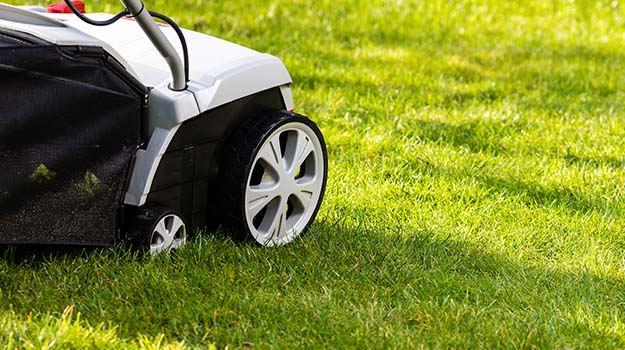
People are increasingly aware of the environmental aspects of lawn care. For many, “natural” or "organic" options seem to be the way to go. There is a lot of confusion in the lawn and garden market about exactly what is meant by these terms.
What people mean by “natural” or “organic” fertilizer is either blood and bone meal (sources of nitrogen and phosphorus, respectively) or organic matter, such as manure or compost.
Although these products are commonly referred to as fertilizers, only blood and bone meal act as fertilizers. However, even then, they are unlikely to be able to supply enough nutrients for healthy plant growth.
How manure can help your soil?
Manure is organic matter, mostly derived from animal feces except in the case of green manure, which can be used as organic fertilizer in agriculture. Manures contribute to the fertility of the soil by adding organic matter and nutrients, such as nitrogen, that are trapped by bacteria in the soil.
Plants need pore space, or pockets of air in the soil, so that roots can breathe and have space to grow. Pore space is improved by the presence of chunky organic matter, which breaks up hard packed soil.
Organic matter can also be used to retexturize overly sandy soil. Water runs right through sandy soil, leaving plants thirsty. But when you mix organic matter into sandy soil, it retains moisture better.
Got a question? Ask us on Facebook

